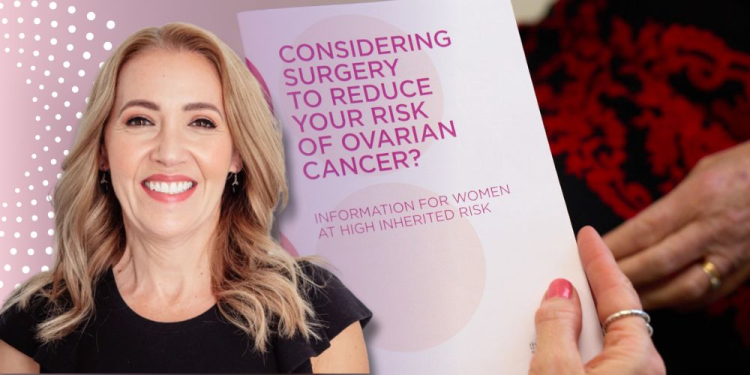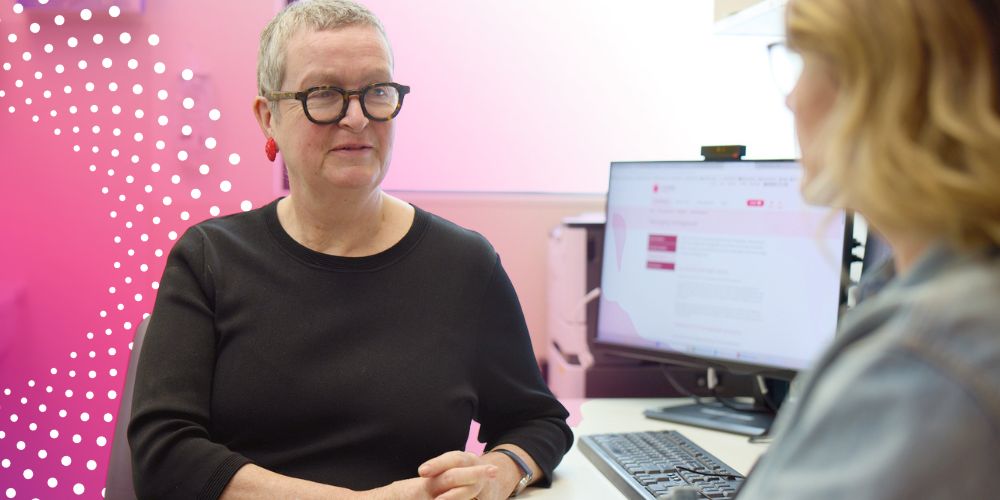
After battling breast cancer, Sarah discovered she was a BRCA gene carrier. This discovery dramatically increased her risk of ovarian cancer. She wanted to protect her health, so she decided to have a risk-reducing bilateral salpingo-oophorectomy (RRSO). This surgery would lead to early surgical menopause.
“I knew the surgery would change my life,” Sarah says. “Every time I felt a pain in my tummy, I worried it might be something serious. The risk of ovarian cancer was too high to ignore.”
Sarah took part in the WHAM study (What Happens After Menopause?). This trial followed over 100 women in Australia and the US after RRSO. She started menopause hormone therapy (MHT) right away. This helped her avoid severe menopause symptoms.
"I didn’t have hot flushes or night sweats for 10 years," she says, adding that she only had mild night sweats later. Her experience shows WHAM’s findings that MHT helps with symptoms but doesn’t stop them completely. It also highlights the need for long-term care led by specialists.
Beyond managing her own health, Sarah has become a passionate advocate for other women facing surgical menopause. She shares her experiences in online support groups, community talks, and resources for women facing early menopause.
“Removal of the ovaries isn’t just a surgical procedure… it’s a life-changing event,” she says. “Women need guidance, support, and someone who understands the long-term impacts on their body and mind.”
Sarah also emphasises the importance of access to specialised care. She was cared for by both an endocrinologist and the Women’s Menopause Clinic. The clinic offers personalised help on MHT, bone health, heart health, and follow-up care.
“Even with a supportive GP, it helps to have a specialist you can see regularly,” Sarah says.
Her story highlights key points from the WHAM study. RRSO is an important cancer-prevention method. However, it significantly impacts physical, sexual, and emotional health.
Long-term care, expert MHT management, and peer support are key for women after surgical menopause. Sarah is leading the way in this effort.
Read the full WHAM study in BJOG (July 2025).
Read related content from the Women's
-
 The untold story of sex, sleep and sanity after surgical menopause
The untold story of sex, sleep and sanity after surgical menopauseA new study from the Royal Women’s Hospital shows that women who have surgery to lower their ovarian cancer risk often experience sudden changes linked to early menopause.
Learn more -
 Do your ovaries keep you slim? WHAM says no
Do your ovaries keep you slim? WHAM says noTo reduce the risk of ovarian cancer, women at high risk can have their ovaries removed, which results in early menopause. This study looks into whether these women are more likely to gain weight than other women of a similar age.
Learn more